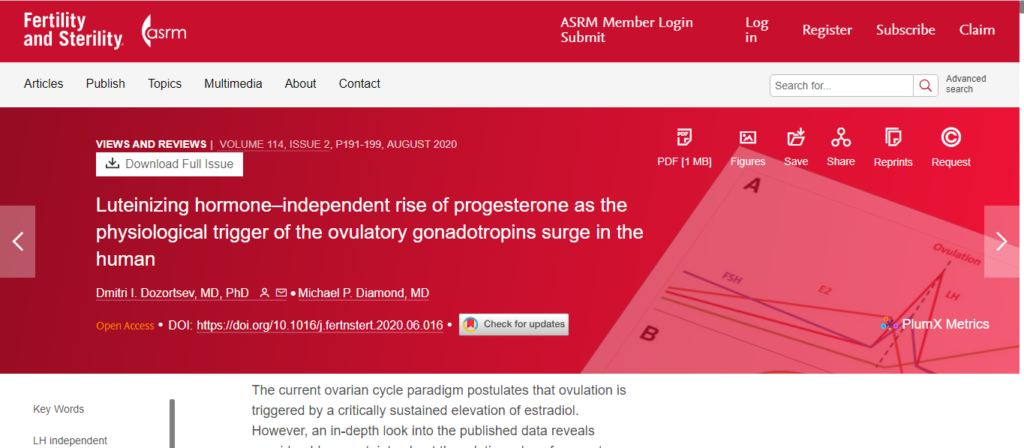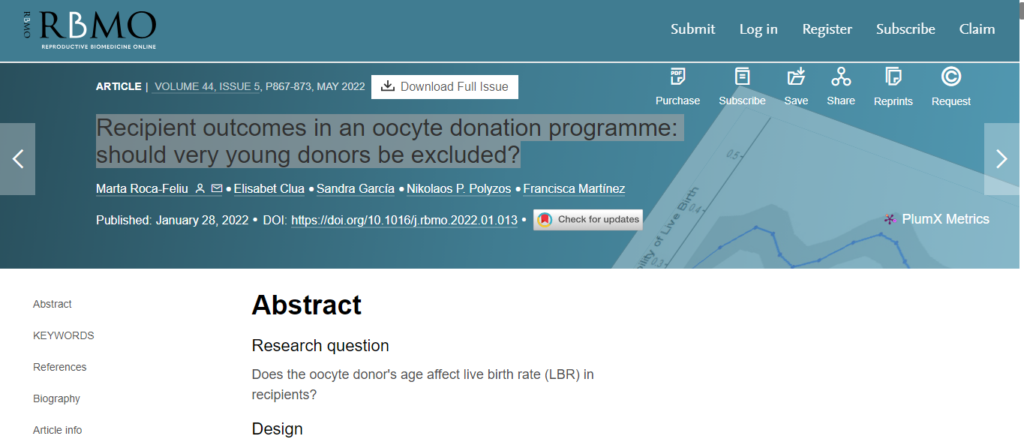Taking prenatal vitamins before pregnancy can help ensure a successful pregnancy and a healthy baby.
We all know that a healthy diet is a great first step to getting the vitamins and minerals you need. However, even with a well-balanced diet, it can be hard to get the nutrients you need to ensure a healthy pregnancy. Luckily, prenatal vitamins are available to help fill in the gaps.
Prenatal vitamins cannot replace a nutritious diet, but they can help you meet your vitamin and mineral needs. In fact, many medical organizations, including the CDC, recommend that women take prenatal vitamins before trying to conceive in order to maximize their benefits.
The Key Nutrients in Prenatal Vitamins and Their Benefits
There are four key nutrients that should be included in your prenatal vitamins. Each one plays a key role in the healthy development of your fetus. These are: folic acid, iron, calcium, and vitamin D.
Folic acid is the main reason doctors recommend taking prenatal vitamins before conception. This B vitamin plays a crucial role in the production of DNA and the creation of new cells.
Having enough folic acid right at the start of your pregnancy is crucial to reducing the risk of neural tube defects. These defects in the the neural tube structure occur during the very first month of pregnancy and can impact the development of the embryo’s spinal cord and brain. Babies will neural tube defects may experience problems with the brain, spine, and skull including spina bifida, anencephaly, and many others.
Iron transports the oxygen in your blood to your cells. During pregnancy, the amount of blood in your system increases in order to nourish the growing baby, and the amount of iron you require to transport the oxygen increases as well. Having sufficient iron in your blood is critical to ensuring that both you and your fetus are receiving enough oxygen to support healthy growth.
Calcium and vitamin D are important throughout pregnancy, but they are particularly important during the third trimester when the baby’s teeth and bones see rapid growth. These two nutrients go hand in hand — vitamin D helps the body absorb calcium, and calcium strengthens the baby’s bones and teeth.
When To Start Taking Prenatal Vitamins
Women should begin taking prenatal vitamins at least one or two months before trying to conceive. The CDC recommends that all women of child-bearing age consume folic acid daily, either in the form of supplements or through their diets. However, this recommendation is primarily to reduce the risk of birth defects during an unplanned pregnancy. You will need to worry about this if you are confident in your birth control methods and are taking precautions against unplanned pregnancy. Just make sure you begin a regime of prenatal vitamins — especially folic acid — a few months before trying to conceive.
Choosing the Right Prenatal Vitamins For You
There are multiple factors to consider when choosing the right prenatal vitamins. Your primary concern should be choosing vitamins that include the nutrients that your doctor recommends for you, especially if these include folic acid and iron.
Beyond doctor’s recommendations, you should consider which types of vitamins you prefer. For instance, if you have trouble swallowing large pills or remembering to take pills daily, you may want to choose vitamins that accomodate your specific needs. Also, if you think you might suffer from morning sickness, find a vitamin that will be gentle on your stomach.
If you are considering having a baby, schedule a consultation with a fertility specialist at the AFCT. We will guide you through prenatal vitamin selection and help you plan your vitamin regime. We work closely with our patients to ensure that you have the healthiest pregnancy possible.



